‘Still on square one’, pretty much sums up the meeting between the foreign secretaries of India and Pakistan on the sidelines of the ‘Heart of Asia’ Senior Officials meeting in New Delhi. In fact, the meeting was such a non-event that even the usual media hysteria that accompanies anything involving the India-Pakistan hyphenation was missing. The only saving grace was that the two sides kept up the appearance, or if you will pretence, of engaging each other at whatever forum was available to them. And even though India expressed its interest in ‘taking the relationship forward’ and Pakistan favoured ‘an early commencement of the comprehensive dialogue’, the sense that both sides were merely paying lip-service to the cause of talks was unmistakeable.
The New Delhi meeting represents a clear regression in the state of relations between India and Pakistan. All the tall talk of a ‘Comprehensive Bilateral Dialogue’ during the ‘Heart of Asia’ meeting in Islamabad last December has come a cropper. With Islamabad parroting the old and tired Rawalpindi line on Kashmir, and India pulling no punches in reminding the Pakistan that it ‘cannot be in denial on the impact of terrorism on the bilateral relationship’, it was quite clear that the discussion between the two foreign secretaries was more ‘frank’ than ‘constructive’. It was more a case of talking at each other instead of talking to each other. This was hardly surprising given that the Pakistanis came with a premeditated script that was antithetical to their claims of wanting a ‘meaningful dialogue’.
The fact that the Pakistanis didn’t even wait for the meeting between the foreign secretaries to be over before they issued their side of the story about what transpired in the meeting, sent out a clear signal that they were more interested in playing to the gallery back home rather than reaching out to their interlocutors in India. This was only to be expected given the state of civil-military relations in Pakistan and the mounting political difficulties of the civilian government which leave it virtually with no wriggle room on improving relations with India.
The army is already breathing down the neck of Prime Minister Nawaz Sharif. Journalists known to be ‘embedded’ in the military establishment have been spreading stories that as soon as Nawaz Sharif learned about the Pathankot attack he complained to his aides that every time he reaches out to India, his efforts are stymied by such actions by the army. Even political opponents like Imran Khan have been taking potshots at him on his ‘soft’ approach towards India because of his personal business interests. His political position has also weakened considerably after the Panama Papers revelations and the growing clamour inside Pakistan for him and his family to come clean on accusations of money laundering, tax evasion and corruption. In such a tense and treacherous political environment, the last thing Nawaz Sharif needs is to be accused of being soft on India, or worse, ‘selling out’ to India on Kashmir. If anything, Nawaz Sharif would want to cover his flanks and burnish his ‘patriotic’ credentials by taking a tough, uncompromising line with India.
On the Indian side also, there isn’t much appetite at the popular level and perhaps even at the official level to his efforts at normalising relations with Pakistan, even less so after the stab-in-the-back in Pathankot. Until there is some satisfaction that India receives from Pakistan on the issue of terrorism, it will be exceedingly difficult and politically risky for the Prime Minister to make any overtures, dramatic or otherwise, towards Pakistan. In any case, at a time when the Pakistan Army is suffering from the delusion – not for the first time in its History – that Pakistan is emerging as the new Centre of Gravity in the region and beyond, there is hardly any inclination in, or even incentive for, the Pakistani establishment to mend their ties with India.
Under the circumstances, expecting anything ‘constructive’ to emerge out of any dialogue with Pakistan – episodic or even structured – is pretty much a mug’s game. Worse, waiting for the right time to talk to Pakistan is like Waiting for Godot – a pointless exercise because until the objective conditions governing bilateral relations change, any dialogue process will invariably be desultory. While the state of civil-military relations in Pakistan at any point of time acts as the ostensible spoiler, there are more fundamental underlying issues, not the least of which is the ideologically rigid, even radical, orientation of Pakistan’s ruling establishment (both civil and military), that militate against any possibility of normalisation of relations. In the unreconstructed Pakistan, when the civil-military are on one page, Pakistan develops cocky confidence and tends to overreach with India; and when civil-military are not on the same page, it comes with its own set of problems. If the military is in charge and proposes something, the civilians debunk it (PPP rejected the Musharraf formula because it didn’t have democratic consensus); when the civilians are reasonable, the military destabilizes them which makes talks pointless; and if the civilians are unreasonable, the talks won’t go anywhere anyway.
The bottom-line therefore is that it doesn’t matter if you talk, and it doesn’t matter if you don’t talk. Which means you talk when it suits you and don’t talk when it suits you. India has done well to safeguard its own security concerns forcefully.
Published Date: 2nd may 2016, Image Source: http://www.newindianexpress.com
(Disclaimer: The views and opinions expressed in this article are those of the author and do not necessarily reflect the official policy or position of the Vivekananda International

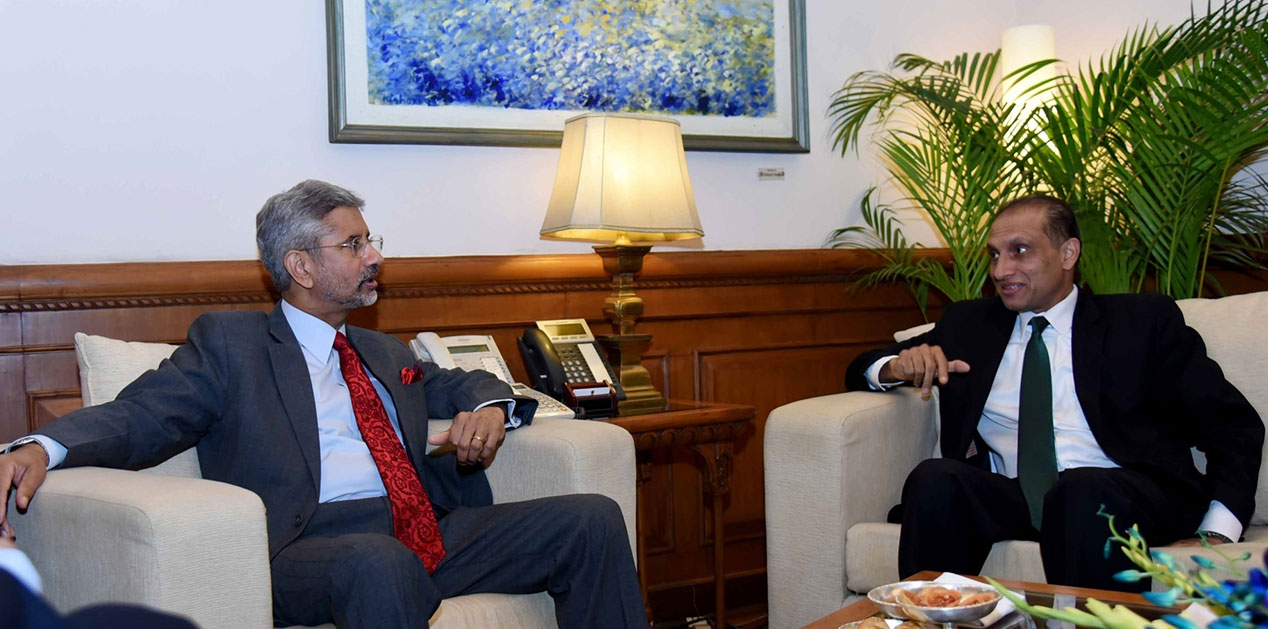
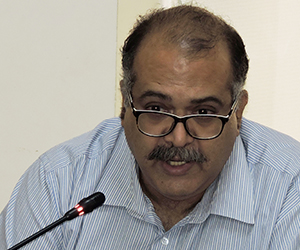


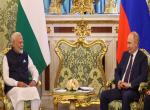


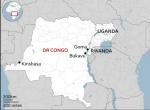
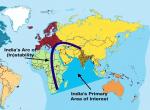

Post new comment